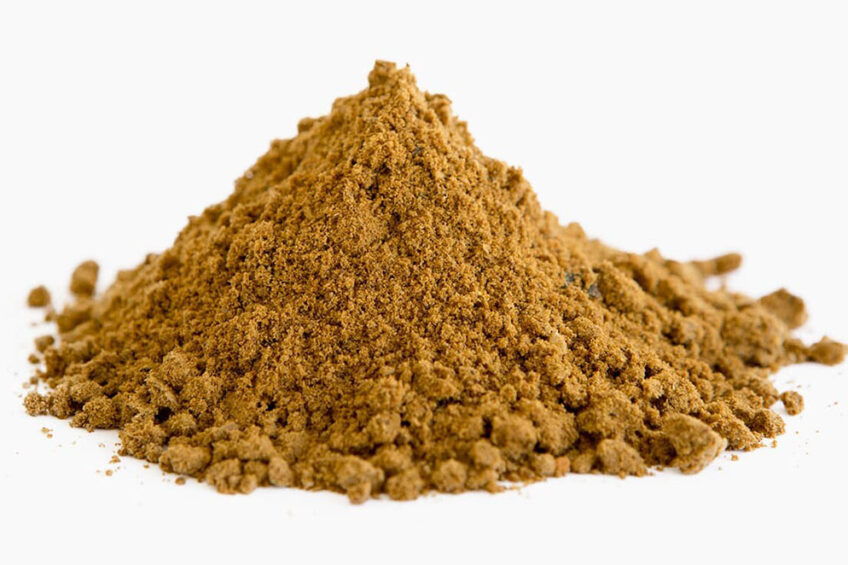Russia opens its market for Brazilian animal meal

The Federal Veterinary and Phytosanitary Surveillance Service of Russia (Rosselkhoznadzor) has announced an allowance for animal meal imports from Brazil.
The announcement is the result of negotiations between the Ministry of Agriculture, Livestock and Supply and Russia’s sanitary authority and, initially, includes 11 Brazilian companies.
According to the Brazilian Association of Animal Recycling (Abra), this first list is a unilateral choice of the Russian authorities, and the entity continues to work with the Brazilian government to increase the number of qualified companies as quickly as possible.
The negotiations had begun in November last year when the Eurasian Union accepted the Brazilian proposal of certificate model for the export of flour and fats of animal origin.
“Now, meal of animal origin, used in the production of animal feed, becomes part of the Russian market open to Brazil. This announcement crowns all the sector’s efforts for the development of a national industry,” celebrates Abra on its website.
The enable plants are 5 Seara’s unities, 2 of Alibem Food, as well as Barra Mansa, Irmãos Gonçalves, Frigorífico Floresta and JBS Aves over the states of Rio Grande do Sul, Santa Catarina, Paraná, São Paulo, Rondônia and Tocantins.
Reverse logistic
The Brazilian animal recycling sector has relevant numbers in domestic and foreign markets. Based on reverse logistics of the slaughtering industry and retail establishments, these companies produced 5.7 million tonnes of animal fats and meals in 2020.
In the same year, the bovine segment accounted for 3.4 million tonnes: poultry by-products represented 1.8 million tonnes, swine by-products 150,000 tonnes, and fish oil and meal 62,000, among others.
Animal by-products are the parts of the slaughtered animals that are not used for human consumption, either for reasons related to the population’s eating or cultural habits or, otherwise, classified as unfit for human consumption by the official inspection system.
According to Abra, these raw materials supplied the animal feed sector (55.5%), pet foods (13.4%), biodiesel (13%), the soap industry (13.7%) and other sectors (4.5%) in 2020.
The sector also exports to more than 40 countries worldwide, including Europe (France, Italy, Greece, Poland, Hungry and Norway), North America (US and Mexico), Asia (China, Russia, Vietnam and Korea), Oceania and Africa.













